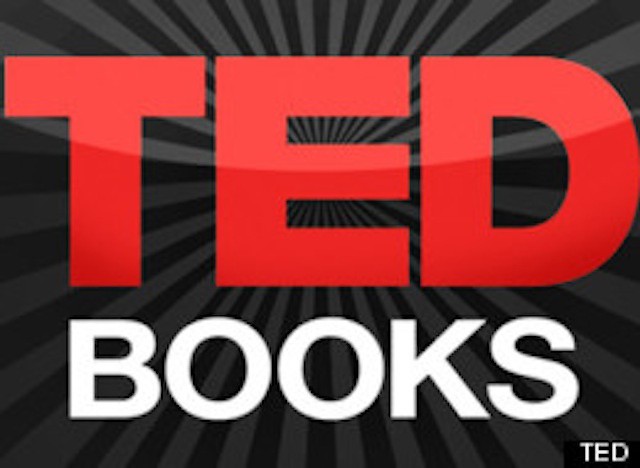The TED organization, which sponsors a range of conferences and talks on cutting edge topics recently launched an ebook series known as TED Books. Like the non-profit’s other initiatives, TED Books are “designed to spread great ideas.” Sticking to that ideal, the organization is making the ebooks, which will be released every two weeks, available across a range of ebook platforms including the new TED Books app for iOS devices.
The move highlights one of the challenges about ebooks – the choice of merchant and platform. That’s a particular concern when it comes to Apple’s iBookstore because purchases can only be read on an iOS device.
There are a range of factors to consider when making that choice. Is the book you want available from all bookstores and is it cheaper in one store or another (Leatherbound.me is a great way to find out)? Which platform will offer the best reading experience? Will a title designed for electronic publication include features like embedded audio/video or social network integration that aren’t universally available across platforms (or across different devices within a platform)? If you switch devices or platforms, will you still be able to access your ebook collection?
All of those valid questions. The TED Books app complicates the question a little bit more. Readers can buy individual ebooks for the same $2.99 price across platforms – iBooks, Kindle, and Nook. The TED Books app offers the same titles for the same price as in-app purchases, but it also offers an App Store subscription option like most magazines and newspapers. A TED Books subscription will cost you $14.99 every three months and gives you access to six ebooks at a time (if you subscribe within the first 90 days of the service, you’ll have access to back catalog titles).
The question of whether or not you’ll lose access to books by switching devices is a big one. There’s also the possibility that a vendor might drop out of the ebook game completely or abandon one or more platforms. There’s no solid way to predict if or when that could happen when you buy an ebook.
If you buy from, Amazon, Barnes & Noble, or Google Books, this is a bit less of a concern since they each make content available in a range of ways other than on their own devices like apps for competing mobile devices, Mac and PC apps, and web-based readers that are largely device and platform independent.
Ultimately, this is a dilemma for readers, publishers, authors who choose to self-publish, and educators looking to use ebooks in the classroom. It’s even a reason that many people still prefer to buy print books. At the moment, however, there isn’t a clear across-the-board solution and it’s a decision each person needs to consider based on their personal preferences.
Source: TED
Via: TabTimes
Image: TED


